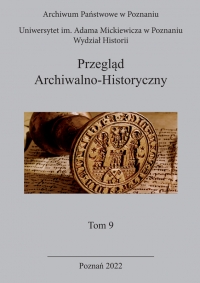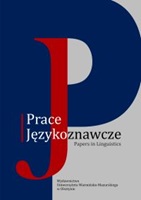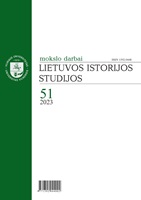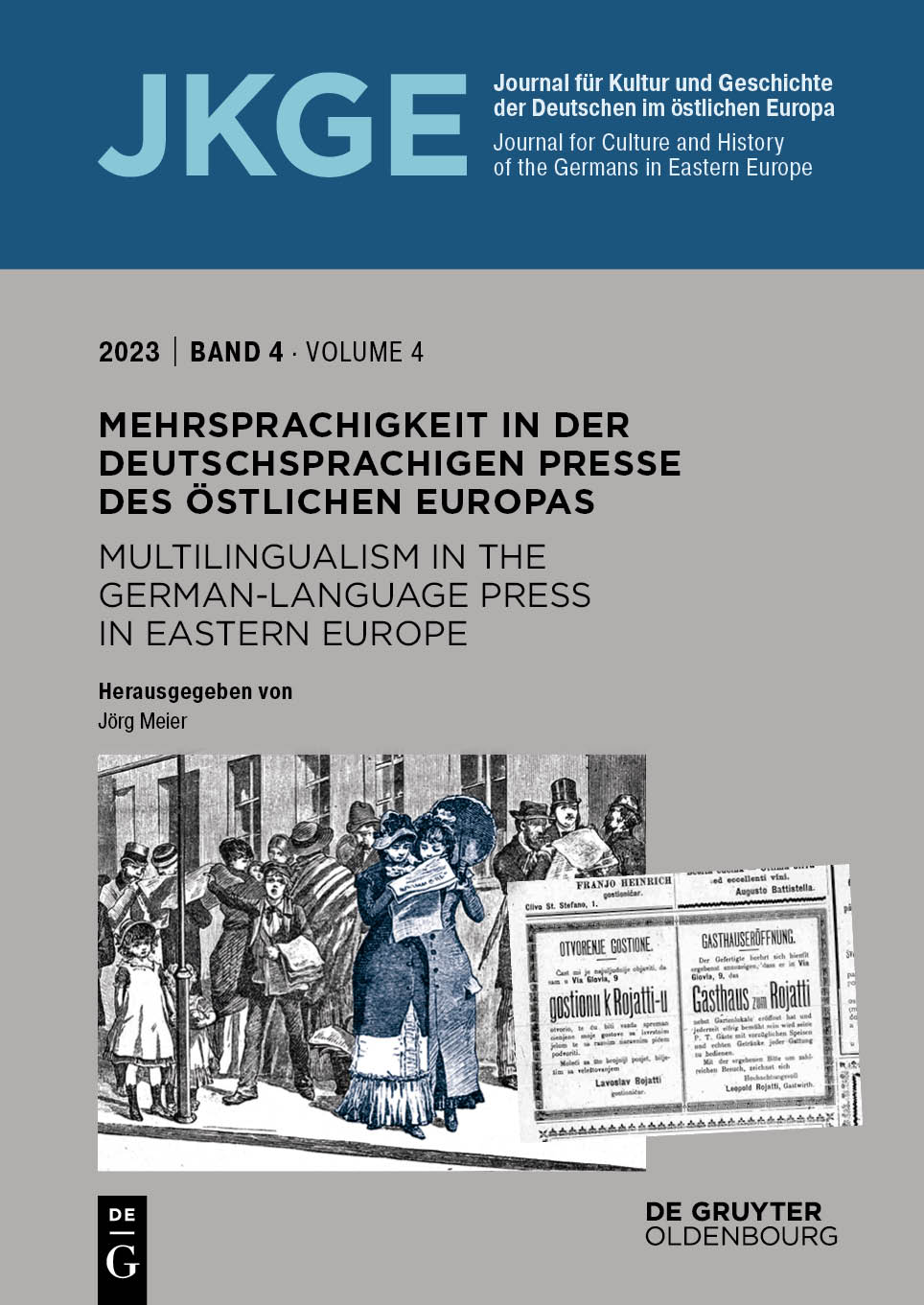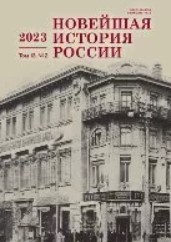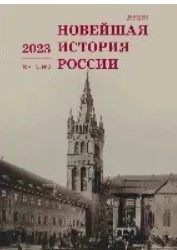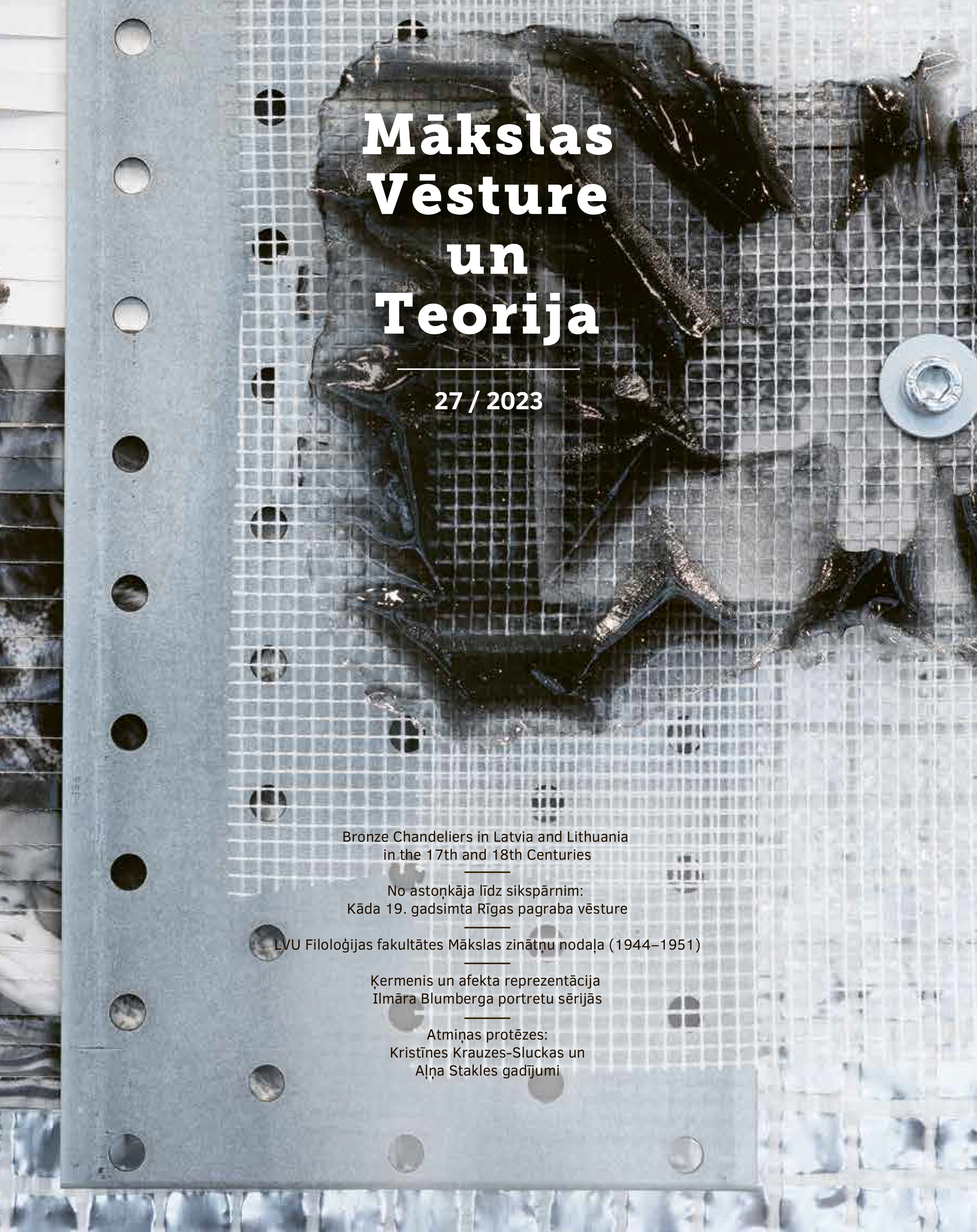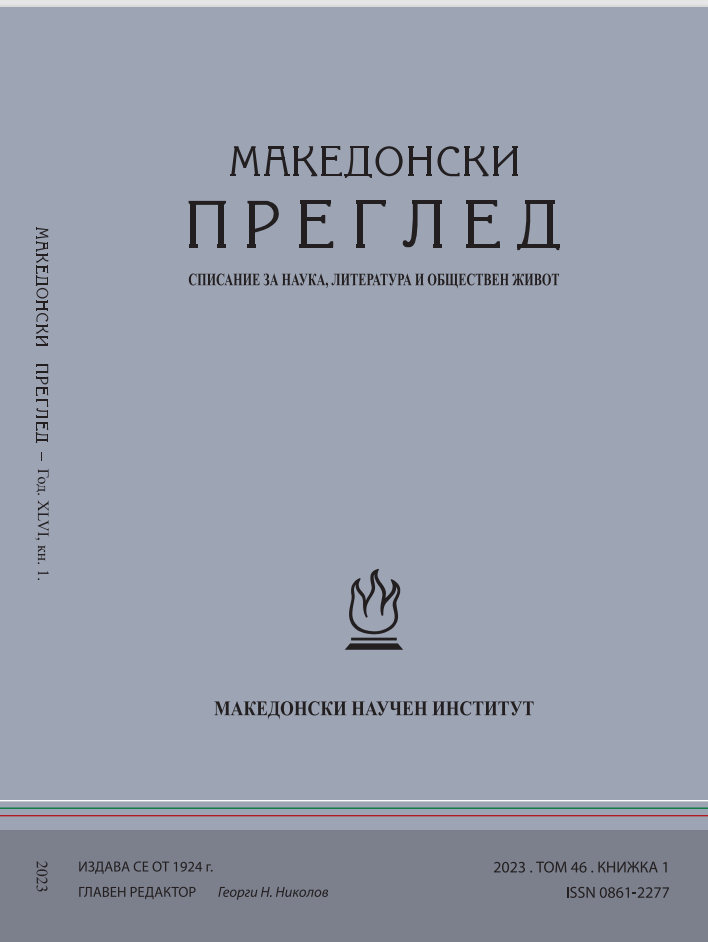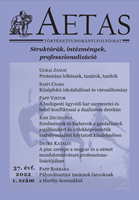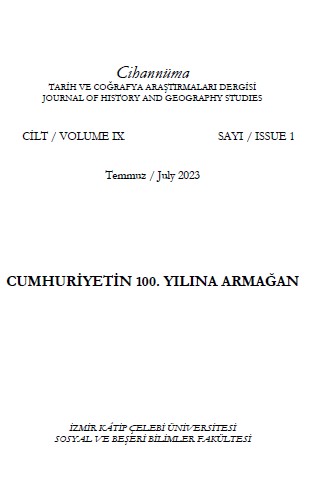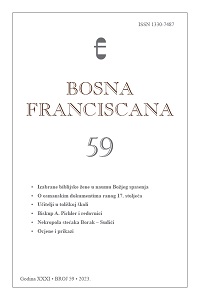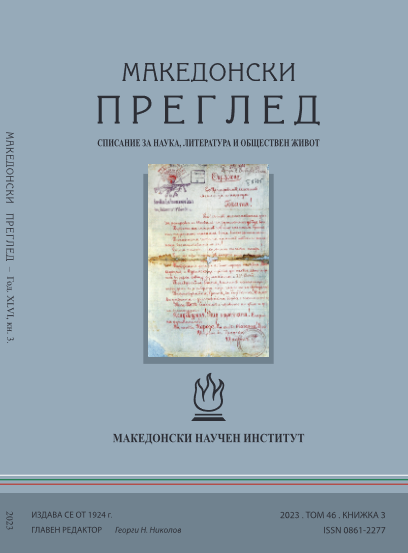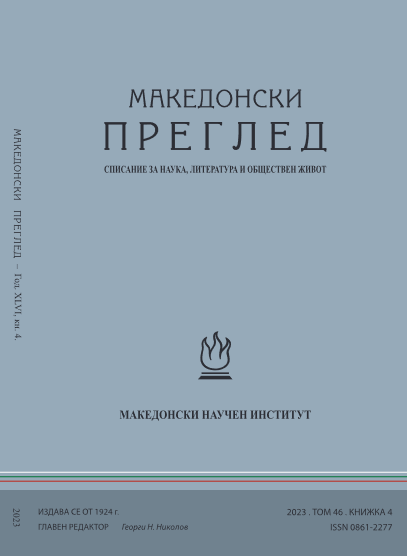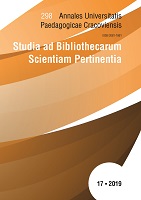
Carska cenzura zagraniczna wobec publikacji Stanisława Tarnowskiego (1871–1914)
According to the criterion of the number of books of a given author, which were attempted to be brought from behind the cordon to the Empire in the examined period, Tarnowski was one of the most popular authors. At the same time, he belonged to artists whose achievements during this period were questioned the largest number of times. The work of Stanisław Tarnowski was controlled by the Russians particularly harshly. In his works, he perceived the Catholic religion and national culture as unique, and the consequence was undisguised resentment and even contempt for communities professing other value systems. In censorship offices, therefore, two opposing narratives collided, which are now defined as nationalist and xenophobic: “Polish-patriotic” (present in Tarnowski’s texts) and Great Britain (in subsequent editors of the Censorship and Printing Act). Its regulations, due to “local conditions”, were treated by the officials in any event in a broad and presentistic way, but - contrary to popular opinion - I believe that individual decisions of Russian officials resulted not only from the pursuit of the destruction of the memory of the conquered nation, but were often directed primarily for the defense of native values: the honor of the Russians and the powers of power, as well as the Orthodox religion.
More...
